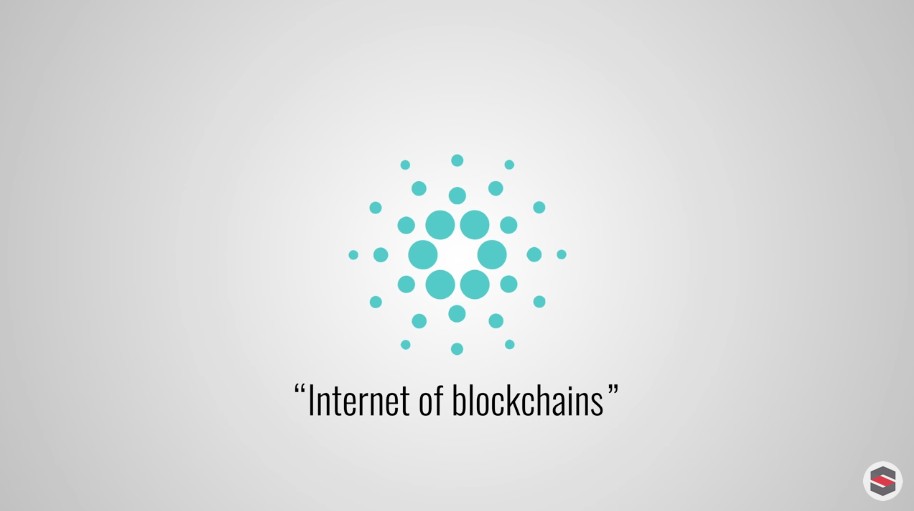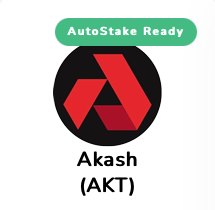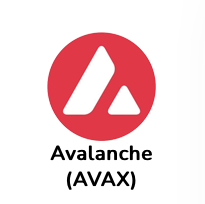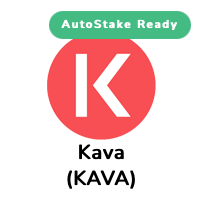Learn More About Cardano
What is Cardano (ADA), and what is it used for?
ADA is the underlying token that powers Cardano’s transaction fees and is distributed as a reward to validators for running Cardano’s Proof-of-Stake network. The name was inspired by 19th-century mathematician Ada Lovelace who is known to be the first computer programmer.
What are Cardano staking rewards?
Staking rewards in the form of native blockchain tokens (ADA) are distributed to validators for locking up their cryptocurrencies to a blockchain network to support validator node’s participation in the consensus mechanism and securing the network for a period of time. Refer to the data above for the latest Cardano staking reward figures.
How is Cardano different from Ethereum?
Ethereum and Cardano share a common family tree with Cardano founder, Charles Hoskins, who is also an Ethereum co-founder. Aside from that, both protocols operate through Proof-of-Stake and utilize smart contracts. While Cardano currently has lower transaction fees than Ethereum, Cardano is younger and is still rolling out its full tech stack.
What are the current use cases for Cardano?
Over 1,000 projects are currently being build on Cardano across Decentralized Finance (DeFi), social, and non-fungible tokens (NFTs) use cases. Other use cases for building on Cardano include metaverse, gaming, and Decentralized Autonomous Organizations (DAOs).






